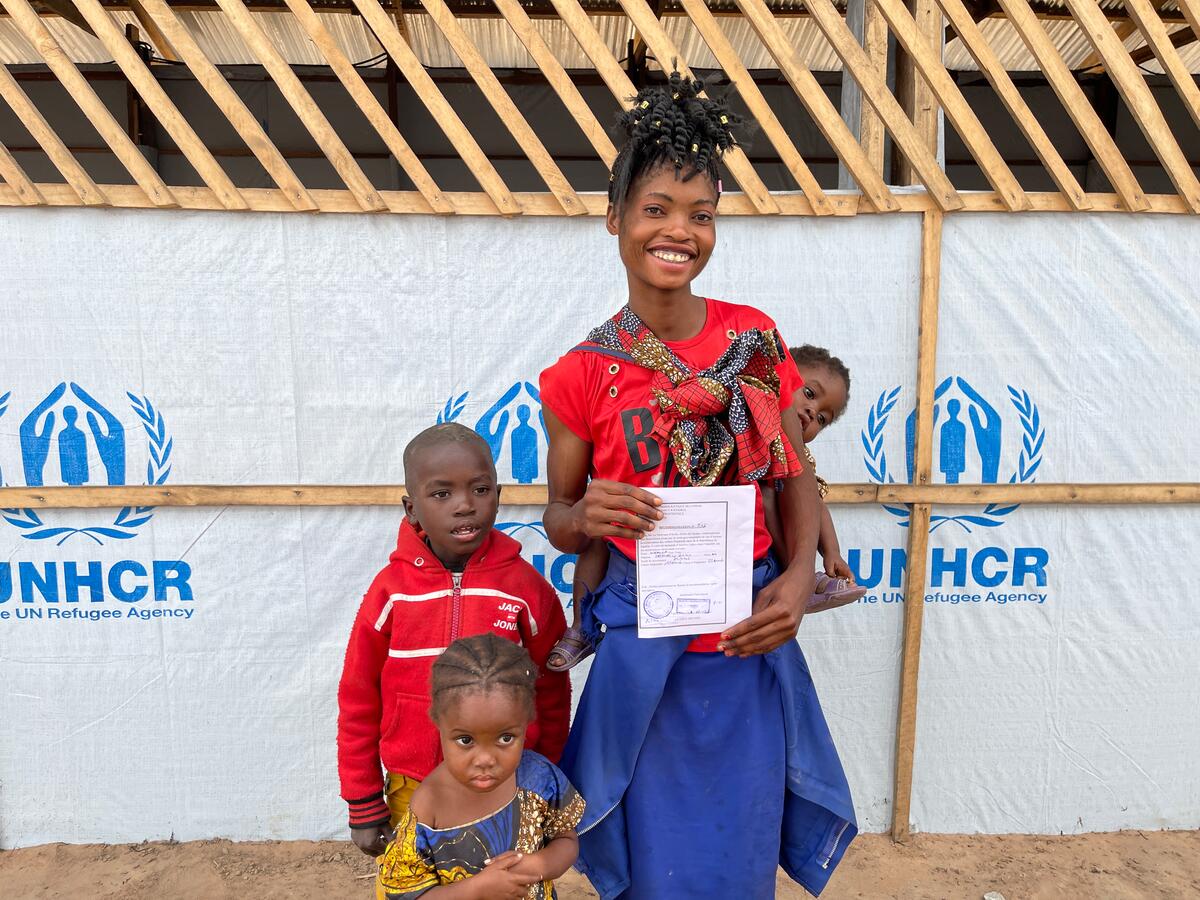Hurting in Yemen, Somali refugees head home in time for Eid
Hurting in Yemen, Somali refugees head home in time for Eid

Gathered at the quayside in Aden, Yemen’s largest port, 125 Somali refugees wait with a mixture of excitement and trepidation to board the ferry that will take them back to their homeland, which many have not seen in decades.
Surrounded by their belongings, the returning refugees are given parting gifts containing sweet dates and children’s clothes to help them celebrate the upcoming Eid festival, which marks the end of the holy month of Ramadan.
“The situation in Somalia is becoming more and more stable,” said 31-year-old Saeed Salim Sa’ad Barshaid, who arrived in Yemen as a child with his family in 1992. “Through contacts with some of my relatives there, I hear the economy is picking up, and I am happy to go back and hopefully find a job straight away, inshallah.”
Saeed is among the roughly 250,000 Somali refugees in Yemen that have been coming to the country since the early nineties fleeing conflict and insecurity. But along with the other departing refugees, he has chosen to return home as a result of the fighting and deteriorating humanitarian situation caused by Yemen’s four-year conflict.
“The situation in Somalia is becoming more and more stable ... I am happy to go back."
Yemen has traditionally been very generous in hosting those in need of international protection, but the ongoing war has limited its capacity to provide assistance. With more than 24 million people across the country in need of humanitarian aid, refugees who lack social support structures and access to livelihoods are among the most vulnerable.
Saeed has lived most of his life in the port city of Al Mukalla, some 480 kilometres east of Aden. Life was easier before the conflict, he said, but over the past few years economic activity in the city has all but ceased, leaving the entire family reliant on his modest earnings as a primary school teacher.
“I have gone through lots of difficulties these past few years, struggling to take care of my ailing parents and brother,” he said, gesturing to the family members accompanying him on the journey. “With my salary of 60,000 Yemeni Rials (US$109) we were barely surviving. I can only see my future now in Somalia.”
The voyage across the Gulf of Aden to the Somali port of Berbera has been organized by UNHCR, the UN Refugee Agency, in cooperation with the International Organization for Migration (IOM), as part of its Assisted Spontaneous Returns (ASR) programme.
Since the start of the scheme two years ago, 4,298 Somalis have been helped to return by UNHCR and its partners, who also provide returnees with documentation, transportation and financial support in Yemen to facilitate the journey, as well as return and reintegration assistance upon arrival in Somalia.
This assistance has enabled 56-year-old Abdulralman Said Abdullahi to pay off the debts he incurred during the past few years of conflict, when the oil companies he used to work for closed down one after the other and his earnings suffered as a result.
“When I arrived in Yemen there was still calm and the economy was relatively booming, but today there is a general downturn and the peace we came for is no longer there,” Abdulralman said. “I thank God that peace has returned to my country, and I want to go back and contribute to the rebuilding of Somalia.”









